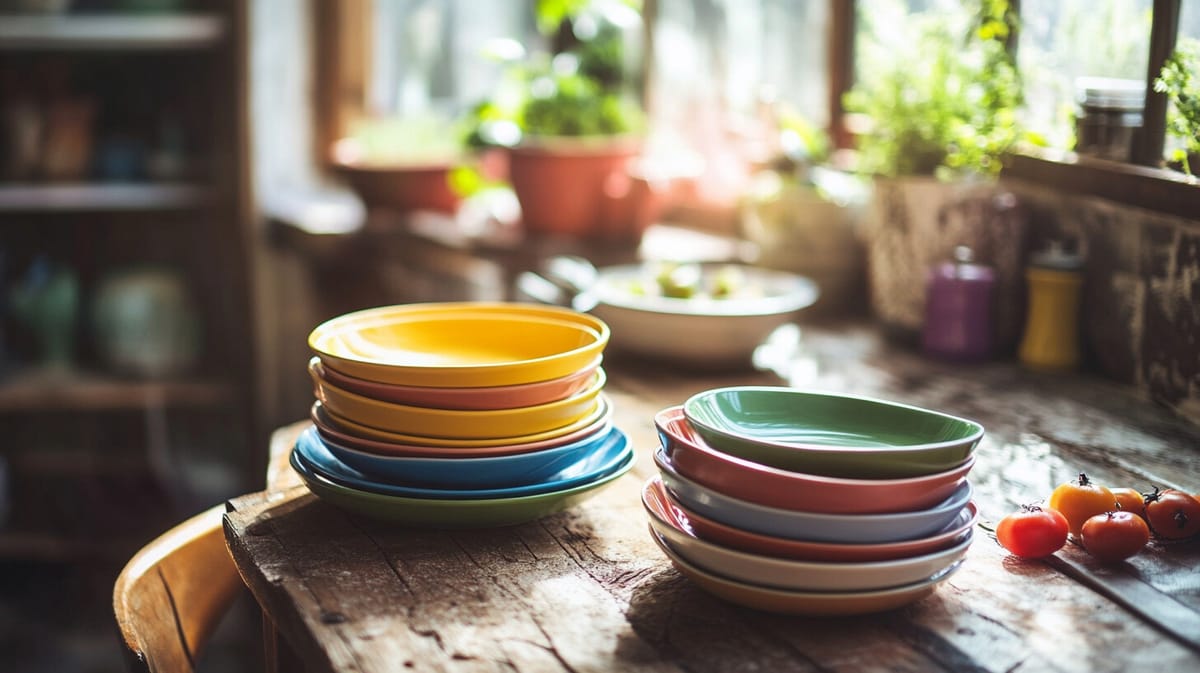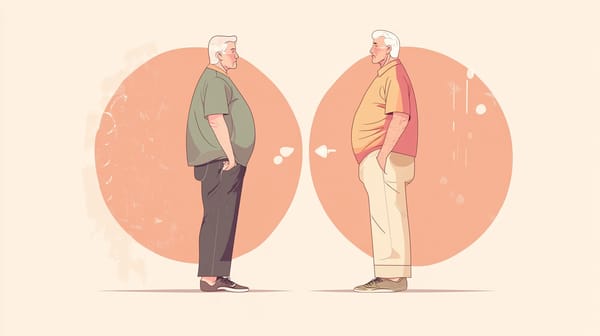8 Effective Strategies to Conquer Your Clean Plate Habit

Understanding the Clean Plate Habit
Growing up, many of us were told by our parents to "clean our plates" before we could leave the dinner table. While this habit may have been instilled with good intentions, such as avoiding food waste or sticking to a budget, it can be detrimental to our health and weight management goals as adults.
It's important to recognize that finishing everything on your plate isn't inherently problematic, especially if you mindfully serve yourself an appropriate portion. However, consistently overeating by polishing off large servings can lead to weight gain and disrupt your body's natural hunger and fullness cues.
Differentiate Between Hunger and Desire
One key strategy to break the clean plate habit is to learn to distinguish genuine hunger from psychological cravings or desires. Aim to eat until you feel about 80% full, a concept known as "hara hachi bunme" in Japan. Start by plating enough food to satisfy your physical hunger, and if you finish your serving but still feel hungry, pause and assess whether the hunger is coming from your body (neck down) or your mind.
Downsize Your Dinnerware
Research has shown that simply using smaller plates can help you reduce your daily calorie intake by around 280 calories. Opt for 8-inch plates or luncheon-sized dishes instead of large dinner plates that resemble serving platters. By starting with a smaller surface area, you'll naturally serve yourself more reasonable portions.
When plating your meals, begin by filling half the plate with non-starchy vegetables like salad greens, grilled peppers, or roasted asparagus. This leaves less room for calorie-dense foods. Remember, a healthy serving of meat is about the size of a deck of cards, while a proper portion of whole grains or fruit is similar to a tennis ball.
Practice Mindful Eating
Eating too quickly often leads to overeating and clean plate syndrome. Whenever possible, practice mindful eating by sitting down for meals with minimal distractions (no phones or TV). Focus on the taste, textures, and flavors of each bite, paying full attention to your food. This not only supports proper digestion but also slows down the eating process, allowing your body and mind to register when you're satisfied.
Don't Equate a Clean Plate with Solving World Hunger
While food waste and global hunger are serious issues, finishing everything on your plate won't solve these problems. In fact, consistently eating more than your body needs just shifts the waste from your plate to your body, where it must be processed and potentially stored as excess fat. Instead of forcing yourself to overeat, simply pack up any remaining food to enjoy later.
Transform Leftovers into Planned-Overs
If you find yourself with leftovers or your recipes yield more than you can finish, plan ahead for the future. Consider halving the recipe next time or freezing extras like soups, stews, and casseroles for later meals. Leftover ingredients can also be repurposed creatively, such as adding them to egg scrambles or pasta dishes the next day.
Share Meals or Request a To-Go Box
Restaurants are known for serving oversized portions, but that doesn't mean you have to overeat. Split a meal with a dining companion or ask for a to-go box right away. If you tend to nibble mindlessly during conversation, request that half your meal be boxed up before it's even served. Then, focus on engaging in discussion and sipping water rather than continuing to eat.
Prevent Extreme Hunger with Smart Snacking
Arriving at the dinner table ravenous can trigger overeating and make it harder to leave food on your plate. To avoid this, plan a nutritious afternoon snack that combines protein and produce, such as pistachios with grapes, hummus with cucumber slices, or a hard-boiled egg with berries. Aim to eat something every 5 waking hours to keep your metabolism active and blood sugar stable.
By implementing these strategies and learning to tune into your body's true hunger and fullness signals, you can successfully break free from the clean plate club and foster a healthier relationship with food.




